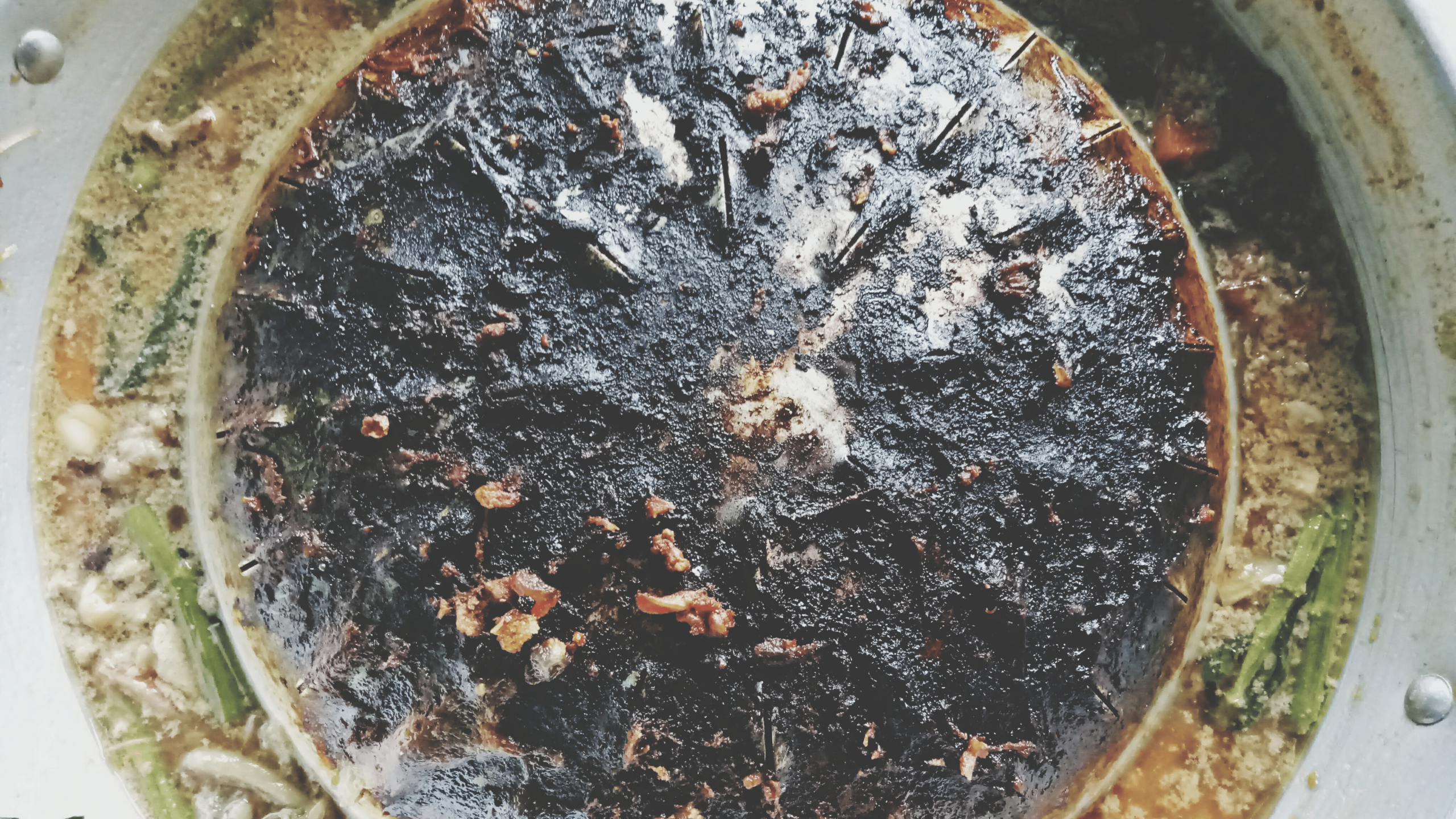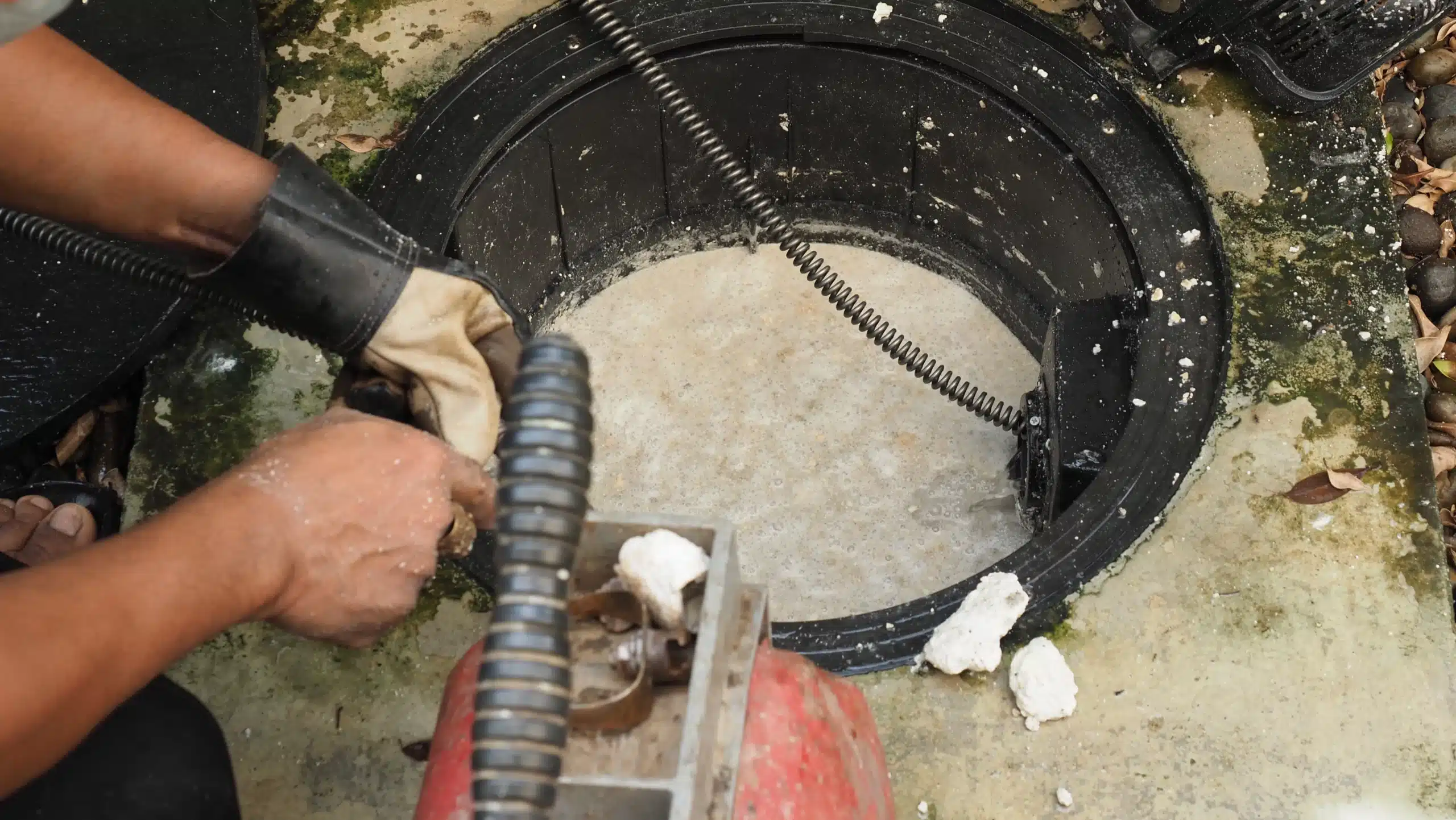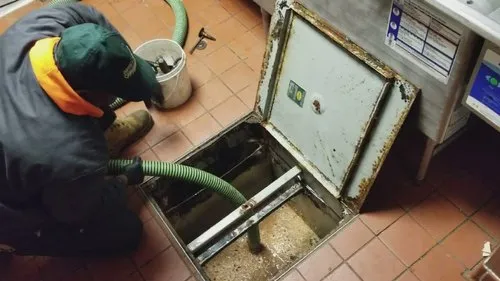If you are a restaurateur, you must generate copious amounts of used cooking oil at your business. Now, you might or might not know about old cooking oil recycling. It is a huge business and it has a positive impact on the economy.
In this short post, we are going to look at the most important things that you should know about how to dispose of cooking oil.
Of course, you already know about disposing of used cooking oil since you have been doing it. However, you might not know that if disposed of wrongly, this oil has a huge negative effect on the environment. It can also have a negative impact on your kitchen’s plumbing system.
After reading this post, you will see vital details about disposing of old cooking oil.
Important things you must know about cooking oil disposal
Used cooking oil disposal is really not something that you want to take lightly if you run a food establishment. In fact, the authorities will require you to comply with their standards for used cooking oil disposal.
Here are the most important things to know:
1. A grease trap can help you a great deal
A grease trap is a “legal” requirement for food establishments and restaurants. No matter how carefully you store the used cooking oil.
Some will definitely find its way into the sink. It will mix with the water and go down the pipes. With time, it starts accumulating until such a time that it starts to clog the pipes.
The solution is to hire a technician to install a grease trap and then teach your kitchen employees how to use it. As the name suggests, this is a trap that captures FOG (fats, oils and grease) from the kitchen water before it goes to the septic tank.
Now, if an inspector comes to your restaurant and they see a grease trap, they are sure that you are not letting used oil get to the main sewer lines.
Installing a grease trap is going to cost a substantial amount of money. However, in the end, it will be worth it. Also, you have to maintain a good cleaning schedule for the grease trap.
2. Used cooking oil does not go to waste – it is recycled to biodiesel
According to the Alternative Fuels Data Center, biodiesel is a kind of fuel manufactured from vegetable oil, restaurant grease and animal fat.
As they say that one man’s trash is another man’s gold, the used cooking oil that you do not need is a good business employment for another person.
Once you have installed a grease trap, you will set the recycling wheels in motion. By the way, the recycling companies buy the old oil, so it is a win-win situation for you.
The biodiesel can be used to run cars, boats, farm machinery and other machines. Biodiesel is clean energy so you also contribute to low emissions.
3. Disposing cooking oil properly will save you many plumbing costs
When you dispose of old cooking oil properly, you not only do the environment a good turn, but you also save yourself a good amount of money.
If you do not have a grease trap to filter the FOG (fats, oils and grease) from your wastewater, most of the used cooking oil will attach itself to the pipes and solidify. It continues building up until it eventually clogs the pipes and this leads to expensive repair costs.
The good thing is that by having a recycling company collect the oil, you will be saving yourself the trouble of having to dispose of this oil.
You will also not have to close your business for plumbing repairs. Remember, you do not give away your old cooking oil free of charge. Rather, you sell it. Thus, it can supplement your business income.
4. You should not pour cooking oil down the toilet
You should never pour used cooking oil in the toilet because it will find its way into the sewers and cause them to overflow into the streets. Also, the grease sticks on your toilet bowl leaving you with a harder cleaning job.
It is recommended that you collect the grease separately and store it in containers where you can lock it up to keep away germs and bacteria.
When you have accumulated a good amount of the oil, the recycling collection center will come for it.
All that is needed of you is to manage the used cooking oil at your business and leave the rest to the recycling companies.
5. Proper disposal of used cooking oil saves you from hefty fines
If you run a commercial food establishment, you are actually required to dispose of used cooking oil properly.
Failure to this, you could end up paying stiff fines or even having your business closed for some time. Thus, when you are starting your business, old cooking oil disposal should be at the top of your list.
You MUST install a grease trap. This is going to trap all the fats, oils and greases so that they do not get to the sewer lines. If the municipal authorities find out that you have been disposing of old oils through your sink, they will fine you.
6. Know how to know your used oil is ready for disposal
It is okay to reuse cooking oil but just a few times and even then, you should filter it to remove any food crumbs.
If you want to know whether your oil is ready for disposal, you should consider things like color change, and the smell. If the oil smells rancid, it is time to get rid of it.
The more you can reuse the oil, the better. Thus, filter it with coffee filters, but do not reuse it more than three times.
It is also important not to use the oil so many times such that it turns black or too brown. Most people have a standard rule of reusing their cooking oil two times only.
Conclusion
While many people take used cooking oil disposal at face value, it seems there is more to it than meets the eye.
The good thing is that a cooking oil recycling company takes the hard work off your hands. All you have to do is to install a grease trap and collect the fats and grease. The recycling company will collect it from your business premises.


